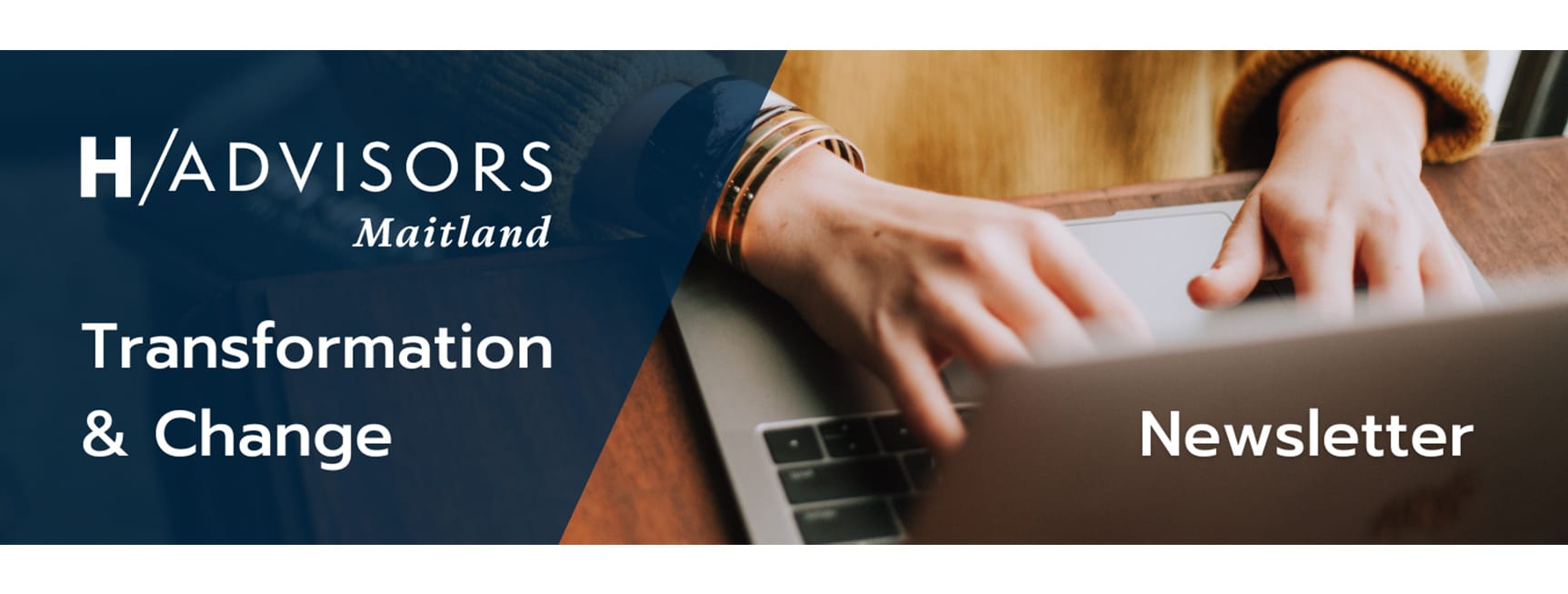Fostering a positive workplace culture
Share on LinkedIn


What we cover: Culture trends in attracting and retaining talent; Fostering a positive workplace culture: a Q&A with Melanie Becker, Global Manager for Employee Engagement at Boehringer Ingelheim; How Gen Z is reshaping workplace culture; Dates to put in your diary; And a suggested approach for enhancing culture through employee recognition.
Did you know?
A positive workplace culture is crucial for attracting and retaining talent. In fact, according to Qualtrics, 77% of workers consider a company’s culture before applying, and 56% view culture as more important than salary.
Additionally, a recent Gallup survey found that 41% of employees cited “Engagement and Culture” as the primary reason for leaving their jobs in 2023, making it the leading factor over issues like pay or benefits.
The bottom line
These statistics highlight the importance of building and sustaining a strong workplace culture. Internal communication professionals play a pivotal role in fostering a more inclusive and engaging work environment by connecting employees with the company’s values, mission, and one another. This not only attracts and retains top talent, but also enhances engagement, productivity, and overall business success. Companies that invest in a positive culture can differentiate themselves as employers of choice and build a resilient workforce that feels valued and motivated.
Q&A
We interviewed Melanie Becker, Global Manager for Employee Engagement at Boehringer Ingelheim, one of the world’s leading research-driven pharmaceutical companies, on fostering a positive workplace culture.

How important is internal communication in shaping workplace culture?
Internal communications helps to shape workplace culture by fostering transparency, trust, and collaboration. It ensures everyone knows and understands the company’s goals and values. Providing tangible examples and best practices as well as offering room for reflection on both an individual and team level is key to help employees embody these values in their daily work. What’s crucial: Establishing feedback channels for employees to voice their concerns, and giving prompt responses to make them feel heard, which will contribute to a positive work environment.
How can internal communications help bridge cultural gaps and ensure that all employees, regardless of location, feel aligned with the company’s values?
We play a vital role in bridging cultural gaps by fostering inclusivity and understanding. Sharing stories and experiences from diverse employees allows us to learn from each other and appreciate different cultures. At Boehringer Ingelheim, we celebrate our culture on the same day each year – globally, in every location. This creates a strong sense of belonging. Last but not least: Instead of executing internal communications globally, empowering local teams to shape and communicate global values in ways that resonate with their unique cultures locally enhances employees’ acceptance and fosters adoption.
What advice would you give to someone looking to improve their company’s workplace culture?
It all starts with listening to your employees. What are their struggles? What keeps them from living your values? How can you support them with their challenges? Encourage feedback and act on it to show employees that their voices matter. Building a culture of trust and respect where diversity is celebrated and everyone feels valued is key to a positive workplace environment.
Trending

How Gen Z is reshaping workplace culture
By 2030, Gen Z is expected to make up 30% of the workforce in major economies like the US, UK, Germany, and Australia. To remain competitive, it’s crucial for companies to adapt to their priorities, according to the FT.
Shaped by the COVID-19 pandemic, which redefined work as hybrid, flexible, and fully digital, Gen Zers have unique expectations of the workplace. They demand more than just occasional rewards, seeking continual feedback and recognition that aligns with company values and acknowledges both their work and individuality. Gen Z prioritises ethical leadership, diversity, and authentic company culture, expecting employers to not only promote their values, but live by them. As this generation will soon represent a large share of the workforce, businesses must adapt to these shifting expectations to drive engagement, retention, and overall success.
How internal comms can engage this audience
Internal communications teams should communicate authentically and support a company culture that aligns with employees’ needs and values. While HR-led initiatives like flexible work policies, wellbeing programmes, and innovative performance management practices are crucial, internal communications play a key role in amplifying these efforts. Promoting structured feedback loops and recognition programmes helps connect employees to the company’s broader mission and values. Tactics could include highlighting platforms for real-time feedback, celebrating success stories, and encouraging leaders to provide frequent, meaningful recognition. Internal communications professionals should establish this base and then facilitate open conversations about how the company is adapting to meet the needs of its workforce. Providing regular updates on how feedback is being acted upon and sharing opportunities for employees to voice their ideas reinforces a culture of trust and transparency.
Ultimately, by aligning communications with the evolving expectations of Gen Z, companies can create an engaging, inclusive, and responsive workplace culture that drives both employee satisfaction and business success.
Key dates for the diary ????
Internal Communications Nordic
29 September – 1 October 2024, Copenhagen
Internal Communications Nordic focuses on internal comms, employee engagement, change management and DE&I. The conference brings together internal communications professionals with the goal of finding out how to make organisations more productive and happier by implementing the most innovative strategies and tools for internal communications and employee engagement. This year, the event will explore human communication in the age of AI. Link to website
Future of Work Conference
9 October 2024, London
The conference focuses on the pivotal role of human-centricity in cultivating customer belonging and workforce potential. Attendees will explore how technology is transforming the workplace, with topics such as employee engagement, digital workplace innovation, and remote working – all focusing on succeeding in the era of the intelligent workplace. Link to website
Unite 24
15 -16 October 2024, London
This event focuses on the employee experience and takes place both in-person and online. It brings together industry leaders and internal communications specialists to learn about employee experience excellence and network with other communications, HR, and digital workplace professionals. Link to website
Enhancing culture through employee recognition
Recognising and celebrating employee achievements is essential for maintaining a positive workplace culture. Not only does it boost employee morale, but also reinforces the values and mission of the organisation. Internal communications can amplify recognition programmes by showcasing employee successes, creating engaging content around accomplishments, and fostering a culture of appreciation.

Our approach
- Align recognition with company values: Recognition programmes are designed to reflect and reinforce company values. By integrating these values into recognition criteria and clearly communicating how individual accomplishments contribute to the company’s mission, achievements are celebrated in a way that aligns with organisational principles. This approach helps employees understand the broader impact of their work.
- Implement impactful recognition programmes: Effective recognition programmes are crucial for celebrating employee achievements and boosting morale. Hosting regular awards ceremonies, featuring success stories in internal communications, and using peer-to-peer recognition tools can contribute to maintaining high performance and motivation across the organisation.
- Collaborate with HR and Learning & Development: Close collaboration with HR and Learning & Development departments aligns recognition programmes with career development and reward systems. This ensures that recognition is supported by tangible outcomes, such as promotions, pay raises, and training opportunities, creating a cohesive approach that reinforces employee value and supports the workplace culture.
- Regular feedback and communication: Regularly updating employees on recognition programmes and feedback mechanisms through newsletters, meetings, and internal platforms ensures that they are informed about how their contributions are recognised and valued.
Get in touch
Please contact Adaora Geiger, Head of Transformation & Change, for more information on our services.
+44 7833 200401





